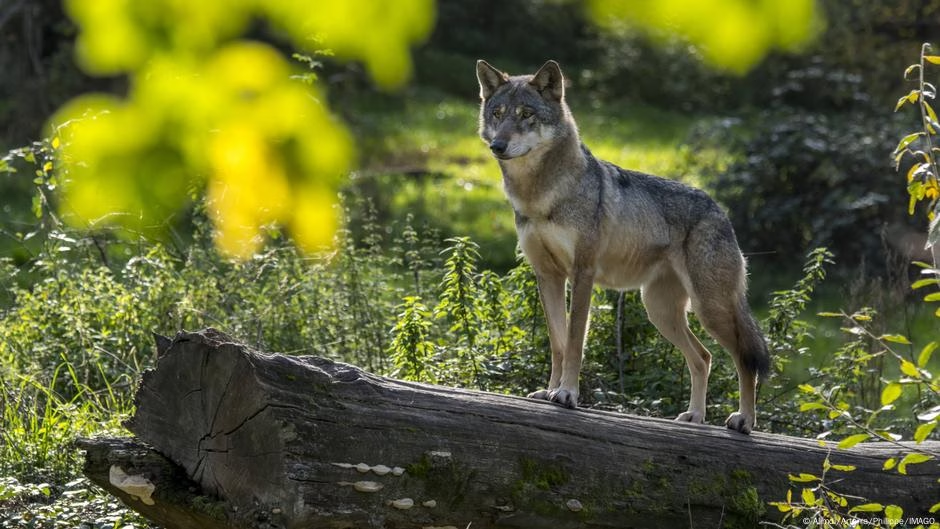The European Commission has put forth a proposal to reduce the protective status of wolves in Europe, citing their flourishing population and escalating conflicts with livestock owners.
Currently classified as “strictly protected,” wolves could be reclassified as “protected” under the Bern Convention, which would grant more flexibility in managing their numbers.
European Commission President Ursula von der Leyen stated, “We are proposing an amendment to EU law that will assist local authorities in actively managing wolf populations while preserving both biodiversity and rural livelihoods.”
This proposal will provide EU member states with greater control over their local wolf populations, permitting them to implement management measures tailored to their regional needs. Despite this, wolves will remain a protected species, with conservation efforts still necessary to stabilize their populations.
This decision comes after an extensive analysis of wolf populations in the EU. In December 2023, the Commission proposed the downgrade, which the Council adopted in September 2024, and the amendment was then officially submitted to the Bern Convention Secretariat.
The proposition has been met with criticism from conservationists and some EU lawmakers, who accuse von der Leyen of acting out of personal motives following her pony’s death from a wolf attack in 2022. However, the Green party lawmaker Jutta Paulus warns that reducing wolf numbers could lead to overpopulation in wild game, causing further environmental damage.
In response to this, German Green party lawmaker Jutta Paulus suggested that the EU conservation policies are currently influenced by Ursula von der Leyen’s personal experience with a wolf attack. She added that reducing the protection status of wolves is merely symbolic, and what farmers need are real solutions. She also warned that lowering wolf numbers could cause an overpopulation of wild game, leading to more ecological damage.
The German Farmers Association (DBV) reports that the current wolf population in Germany ranges between 1,800 and 3,300. DBV Secretary General Bernhard Krüsken stated that the adjustment is overdue and the conservation status of the wolf population is favorable. German Agriculture Minister Cem Ozdemir also said that this adjustment is good news for farmers and not bad for conservation, as sheep, goats, and cattle grazing contribute to biodiversity and cultural landscape preservation.
Germany’s restoration of wolf hunting is a matter of dispute. With the population of the grey wolf in Germany currently estimated to be at around 1,250, farmers and hunters are lobbying for a renewed hunting license for wolves. They cite damage to livestock and the argument that the numbers of other predators such as lynx, bear and bison require a balance. The debate is for and against the renewed wolf hunt.
Source: https://www.dw.com/en/eu-to-ease-wolf-hunting-rules-amid-rising-numbers/a-71865220?maca=en-rss-en-all-1573-rdf







